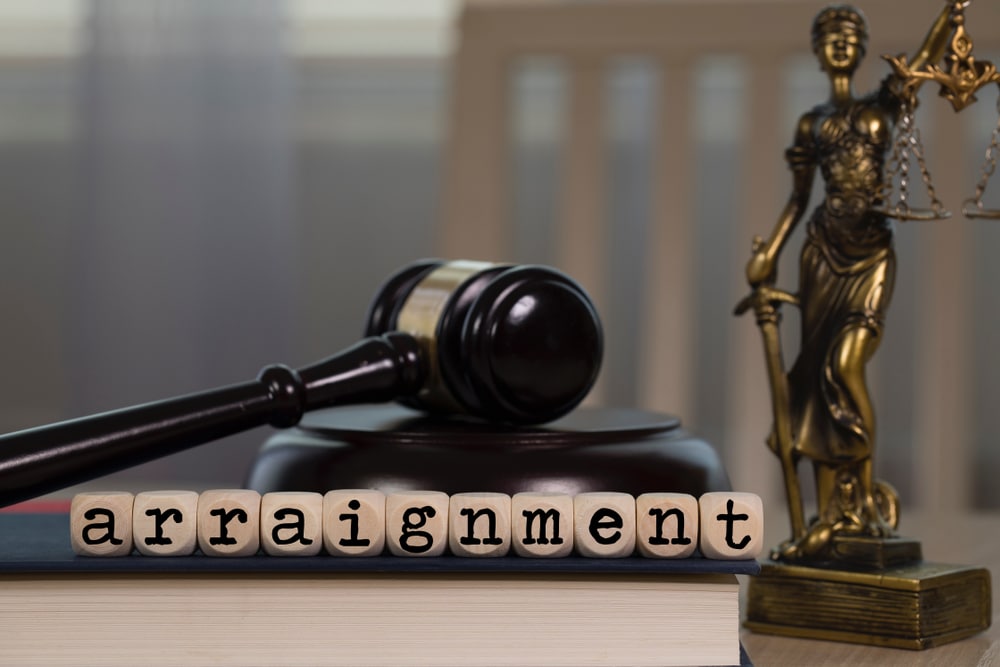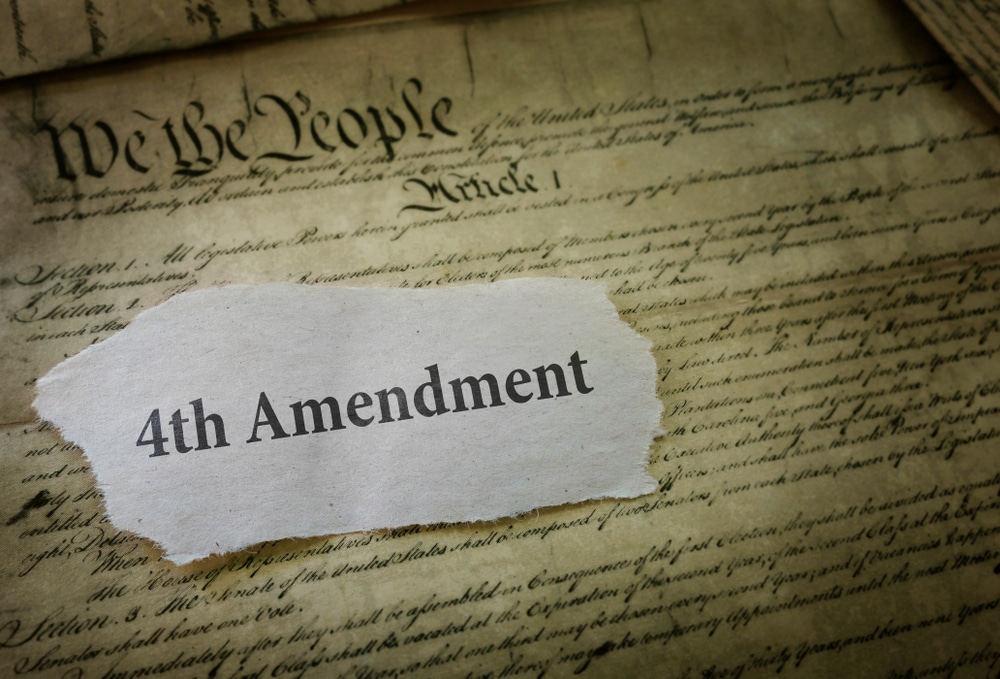If you’ve been arrested for a crime, it’s important to understand that a charge doesn’t mean a conviction. The prosecution must prove their case against you beyond a reasonable doubt — and you have the Constitutional right to assert a vigorous defense. Significantly, there are four main categories of defenses that criminal defense attorneys use to establish enough doubt with the jury so that a guilty verdict would not be justified.
Innocence
While pleading innocence may seem straightforward, a considerable amount of preparation goes into building this defense. However, a defendant isn’t required to prove their innocence. Rather, it is the prosecution’s job to prove guilt — a defendant must present enough evidence to prevent them from doing so.
There are several types of evidence that can play a crucial role if the defense strategy is based on innocence. For instance, the defense may use witness testimony and surveillance camera footage to establish an alibi. Employment, bank, and phone records may also be key pieces of evidence to show that the defendant wasn’t at the scene of the crime when it occurred. In cases involving serious crimes such as homicide, assault, or robbery, DNA evidence may demonstrate someone else committed the offense.
Constitutional Violations
Asserting the violation of a Constitutional right is a powerful criminal defense. Regardless of whether a defendant is guilty of the crime with which they’ve been charged, the U.S. Constitution affords them crucial protections. Examples of Constitutional violations can include:
- Failure to read the defendant’s Miranda warning
- Illegal search and seizure of the defendant’s home or vehicle
- Failure to obtain a search warrant
- Breaking the chain of custody on evidence
- Obtaining a confession through coercion
If the police or prosecution failed to follow proper procedures, certain evidence might be inadmissible at trial, or the case may be dismissed entirely. A Constitutional violation can also lead to an opportunity to work out a plea deal with the prosecution.
Self-Defense
Self-defense, also known as “justification,” is often used as a defense in murder and manslaughter cases. When pleading self-defense, a defendant claims that their use of deadly force was reasonably justified in response to an imminent threat of physical harm to themselves or another. Additionally, New York is governed by the “castle doctrine,” which allows individuals to use deadly physical force against home intruders.
Deadly physical force can only be used in limited circumstances. The justification defense cannot be used if the defendant provoked the other person or started a fight, unless they communicated their withdrawal from it. Critically, New York follows the “duty to retreat” rule. Before acting in self-defense, a defendant must take reasonable steps to mitigate the risk of harm — force is only permitted as a last resort.
Insanity
When a defendant raises the insanity defense, they admit that they committed the crime. However, they assert that they should lack criminal responsibility because a mental illness or defect prevented them from understanding right from wrong. Since it is an affirmative defense, the defendant must prove insanity by a preponderance of the evidence.
Mounting the insanity defense can have several disadvantages. For example, when the insanity defense is used, physician-client privilege and the defendant’s Fifth Amendment right against self-incrimination are both waived. In addition, if a defendant is found not guilty by reason of insanity, they are not released. If the jury returns a guilty verdict, the defendant is usually transferred to a mental health facility where they might remain for a longer period of time than if they had gone to prison for the offense.
Contact an Experienced New York Criminal Defense Attorney
A solid defense strategy is essential if you are facing criminal charges. A knowledgeable criminal defense attorney can evaluate the facts of your case and the evidence against you to determine the best course of action. The attorneys at D’Emilia Law provide high-quality representation and aggressive advocacy for those charged with a wide variety of offenses and are committed to achieving the best possible outcome for every client. To schedule a consultation, contact us at 1-888-DEMILIA.











